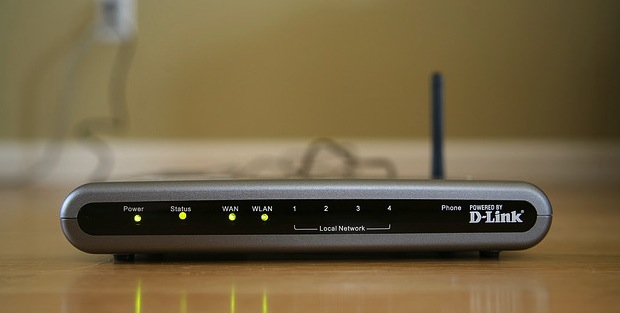UK still behind in European, worldwide broadband speeds

The UK average for broadband speed scrapes just above 5 Mbps (megabits per second), making it the 25th fastest country for high-speed Internet in the world.
Published as part of Akamai's State of the Internet report for the second quarter of 2011, it shows that while Europe takes overall a higher place in the global broadband rankings, the United Kingdom still struggles.

Europe took its pride of place taking the places of most of the top ten of average broadband speeds, behind South Korea at 13.8Mbps, Hong Kong at 10.3Mbps and Japan with 8.9Mbps. Amongst the European countries, ranking fourth through sixth, the Netherlands reaching average broadband speeds of 8.5Mbps, the Czech Republic with 7.4Mbps and Switzerland with 7.3Mbps.
The United States, which has a vast array of non-copper lines and fiber alternatives, including a developing 4G network which reaches vast swathes of the urban areas, still only reached 12th place overall.
But compared to the UK, only 30 percent of all connections hit the same high-speed broadband mark as the Netherlands, showing a great disparity between European partners.
But as Brno, the second largest city in the Czech Republic, holds its place as the fastest broadband city in Europe with an average of 8.3Mbps, not a single British city makes the top 100.
Having said that, the UK's connections are still one of the most consistent in Europe, with 91 percent of connections hitting over 2Mbps, putting the UK at 6th place on the list of European countries and 11th in the world.
But while European countries still maintain a high proportion of the top 10, a general consistency can be seen across all states and cities with broadband speeds and on the rise.
The UK government's target is to provide a 2Mbps broadband connection for all citizens by the end of 2015, while the European Commission's target is to reach 30Mbps by 2020. Currently, unless a greater investment in fixed fiber broadband is rolled out, wireless 4G networks may be one of the few viable options in reaching these targets.
Related: